|
This was the message from Anne Marie Chavanon to her successors
0 Comments
A new President, Thierry MATHIEU, and two new Vice-Presidents : Alexandra-Luminita PETRESCU and Gerhard ERMISCHEREnd of mandate meeting at AGORA - G03 from 14:30 to 18:00 1. 2014-2017 Three years in which our countries have been marked by terrorism, the shockwave of conflicts followed by migratory chaos, the Paris Climate Agreements, Brexit and hesitant steps of our democracies. How can we efficiently mobilise and join forces today? =>> To rebuild our societies facing violence
=>> To address the migratory cycle
=>> To consolidate the Paris Agreements and the place of human rights in COP23 (Bonn 6-17 November 2017)
=>> To improve territorial governance promoting tools of cohesion and democracy
Democracy and Landscape: Territory is a privileged entry into democratic practice and reality3/24/2017 9th Council of Europe Conference on the European Landscape Convention - Strasbourg 23-24 March 2017Democracy is losing its reference status In many Member states of the Council of Europe, representative democracy is undermined, paradoxically weakened, during the electoral process which should, on the contrary, strengthen it. From day to day, democracy seems to lose its reference status, its stabilizing power, remarked Anne-Marie CHAVANON, President of the Committee, during her intervention during the opening session of the 9th Conference of the European Landscape Convention of the Council of Europe 'Europe. Believing that the responsibility of the Council of Europe is heightened, she reminded the Assembly of the work of the various pillars of the Organization: the annual organization of the World Democracy Forum, the adoption of the Code of Civil Society Participation in Decision-making by the Conference of INGOs in 2009, the Additional Protocol to the European Charter of Local Self-Government for the Participation of Citizens in Local Government Affairs, supported by the Congress of Local and Regional Authorities on the same year, the adoption of a declaration by the CEMAT (European Conference of Ministers responsible for Regional Planning), on 17 June 2014, in Nafplion (Greece), on the promotion of democracy in territorial planning. She highlighted the current mandate of the Committee of Ministers to the CDDG (Steering Committee for Democracy and Governance) for the elaboration of Guidelines for the Participation of Citizens in Political Decision-making. We all know, continued Anne-Marie CHAVANON, that territory is a privileged entry into democratic practice and reality. It is so in its material and immaterial dimension. It is so because it represents for each of us a vital public good. We all know that the active participation of the public in the design and implementation of landscape policies, as defined by the European Landscape Convention, is a key factor in safeguarding human rights and respect for democracy!
Karl DONERT, President of EUROGEO, Vice-Chair of the Committee and Coordinator of the Working Group on Climate and Human Rights, presented the follow-up to the Paris Climate Agreement, highlighting the political will of the States on the positive side and, on the negative one, the rise in temperatures for the third year in a row, including the oceans' one and the increase in climatic migrations
Link to Karl DONERT's presentation Maguelonne DEJEANT-PONS : land and landcape experience sharing through the Landscape Award Alliance1/27/2017 Committee on Democracy, Social Cohesion and Global Challenges Council od Europe - 25 January 2017 Maguelonne DEJEANT-PONS, Head of Division, Executive Secretary of the European Landscape Convention of the Council of Europe, made clear through fifty-two examples from the Alliance of the Landscape Award of the Council of Europe that land and landscape sharing, build people's rights, democracy and Peace,
Link to the Council of Europe website Ageing and Health - follow up of the side event held on 23 June 2016 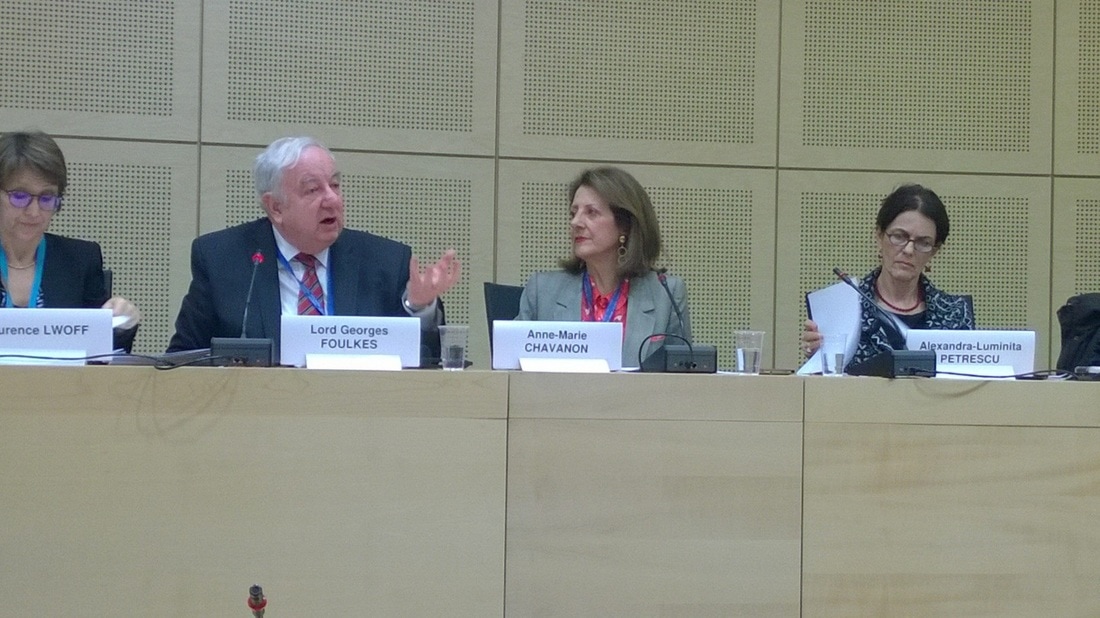 Laurence LWOFF, Secretary to the Bioethics Committee of the Council of Europe (DH-BIO), Lord Georges FOULKES, Member of the Parliamentary Assembly of the Council of Europe (United Kingdom, Anne-Marie CHAVANON, President, Alexandra-Luminita PETRESCU, Former Secretary of State at the ministry in charge of Public consultation and civil dialogue in Romania Lord Foulkes Member of the Parliamentary Assembly of the Council of Europe (United Kingdom), Rapporteur on « A European social commitment guaranteeing the rights of older people and their comprehensive care », and President of the Charity AGE Scotland , stressed that "because it is the Council of Europe, that is producing the report, we are looking at it from human rights point of view. That doesn’t mean to say, he added, that we are not concerned with compassion for the elderly and how we have got responsibility to look after our older people but we are looking at it not from a compassion point of view but from human rights of older people. So, it is important to think in terms of the rights of people." A huge demographic change versus austerity programs Lord Foulkes pointed out the huge demographic change taking place. Soon in Europe, he said, 25% of our population will be over 65; And in the world as a whole there will be 40 million people over the age of 85, particularly vulnerable older people. And meanwhile, the working population is reducing. The income and the wealth of the countries is going down. And we are also going through a time when governments around Europe are talking about making cuts. They have programs of austerity. They do in the UK and in many other European countries. A guarantee of charter for older people So it is even more important. It is now absolutely the right time that we should get an agreement through the Council of Europe to get a guarantee or charter for older people. The rapporteur calls for a Charter at Council of Europe level to
Laurence LWOFF reported to the Committee on the work of the Committee on Bioethics in progress, in particular issues arising from the work of the Democracy, Social Cohesion and Global Challenges Committee and PACE on the theme of older people, which will be highlighted during the Next celebration of the 20th anniversary of the Oviedo Convention
The Human Rights and Bioethics Convention: an international reference instrument After recalling that the Convention on Human Rights and Biomedicine is the responsibility of the Intergovernmental Bioethics Committee of the Council of Europe, Mrs Lwoff, who is its Executive Secretariat, underlines that this Convention is a reference Human rights at European level but also at international level. So the Inter-American Court of Human Rights uses the Oviedo Convention as a reference tool. The celebration of the 20th anniversary of this convention will be an opportunity to adopt a forward-looking vision on the place of the principles established by the Council of Europe in the field of bio-medical development. Many think that "development" means scientific and technological development, says Lwolff, but it is also about how practices evolve and the thinking of the Commission and Lord Foulkes seems to him to be important in this respect. The recommendation adopted by the Committee in June 2016 has been distributed to all Member States. It reinforced the idea that it was necessary not only to look at new developments of modernity but also to look at whether things that seemed obvious were always so, such as respect for consent, equity of access to care, how people particularly the most vulnerable ones are cared for. Evolution of practices or erosion of principles? Considering that the work of reflection on the issue of older people is particularly relevant, Laurence Lwoff said that it has aroused great interest among the delegations, many of whom are committed to these issues Laurence Lwoff indicated that priority areas of reflection have been chosen in order to discern
"Democracy : transparency and sustainable partnership through Open Governement Partnership (OGP)" - 25 January 2017 Alexandra-Luminita PETRESCU : YOUR RIGHT TO KNOW !Former Secretary of State at the Ministry in charge of Public consultation and civil dialogue in Romania, Ms PETRESCU advocated for access to information, transparency, institutional capacity and support for NGOs to build sustainable partnership She insisted on the government will to create a coherent framework for public participation in the decision making process and to enhance the level of transparency and access to public information in the Romanian administration. The "Your right to know campaign" was a key process, the first time when a public institution from central administration speaks to citizens about their right to know and active citizenship ! She underlined the 5 Government priorities :
OGP : Can a new international initiative make government more transparent, responsive, inclusive, effective and reliable?
May the year 2017 open our hearts and our countries to respect for the person and for human dignity, whatever the way and the sector ! Could we be moved by an intense yearning for peace, sharing and dialogue both in the Council of Europe and in our NGOs, in our communities and our families! We offer to all of you, dear Friends, wishes of great serenity and personal happiness !
Anne-Marie CHAVANON Karl DONERT Thierry MATHIEU President Vice-president Vice-president
Adopted by the Conference of INGOs 24 June 2016
We, international NGOs, members of the Conference of INGOS of the Council of Europe,
Michel BALLEREAU : the need for a challenging standardisation including the "smile index"11/27/2016 Michel BALLEREAU referred to the normative framework set by the European Committee for Standardization (CEN).
He outlined four basic requirements
=>> Insisting on the need to engage with the organs of the Council of Europe, Michel BALLEREAU underline that only joint action, such as that undertaken by the CEN, which brings together public and private actors at European level can be a source of hope Dr Michel BALLEREAU is the President of the Health and Social Action Committee for the French Agency for Standardization (AFNOR), a member of the International Association for Research in Hygiene in Hospitals (AIRHH) Ageing and Health: A challenge to public health and social cohesion Council of Europe, Strasbourg, June 23 2016 The 2003 heatwave was a wake-up call for France "During the 2003 heatwave, France suddenly realized it was old and that it was failing its most vulnerable elderly citizens.” This is how Dominique Prédali started her presentation. Contrary to what the government first announced, she said, the majority of these elderly victims did not die at home. Studies proved they died at hospitals and nursing homes, mainly of dehydration and hypothermia. This came as a shock to most people, remarked Mrs. Prédali, and raised the question: How could this possibly happen in a so-called civilized country? She was then asked to investigate on the medical and medico-social care of old people in France and abroad. She found the same shocking and “horrible” situation everywhere. Constants in all countries: • ER waiting time longer for old people. Younger people are a priority even though the frail elderly are at higher risk of becoming rapidly dehydrated and dying. • Failure to send them to the right hospital ward because of the lack of geriatric beds or a misdiagnosis due to unfavorable conditions on arrival: i.e. dehydration rapidly leading to mental confusion leading to misdiagnosis of dementia. • malnutrition: an old person hospitalized for a hip fracture, for example, but with no other health issues, can rapidly end up undernourished after a short stay. • Overmedication especially tranquilizers or antidepressants such as benzodiazepines which cause dehydration, even when the patient is given enough to drink. The situation is the same in Australia, Canada or the US. • Understaffing, qualified or not. A care assistant can find herself or himself alone at night with 80 dependent residents to look after. A situation that makes it impossible for them to deal with two simultaneous emergencies. Which one should she or her address first? • Industrialization of care which leads to budget cuts in heating, staffing or food resulting in what Mrs. Prédali calls the "top three" causes of preventable deaths which are malnutrition, dehydration and pressure sores, closely followed by overmedication, falls and urinary infections. According to US and Canada studies, the higher the profit of the nursing home, the higher the rate of abuse. • The lack of studies on elder abuse in Europe Abuse or neglect? A well-kept secret Everywhere, says Dominique Prédali, there are double standards when dealing with a child or an old person. For the first one, it is “abuse“, condemned by law, and for the second one it is "neglect" or "structural dysfunction" Quoting Alexandre KALACHE, former head of the Health and Ageing World Program at the WHO, and John BEARD’s predecessor, Dominique PRÉDALi finishes with these words: "elder abuse is the world’s best kept secret and also the last taboo of the 21st century"! Ageing and Health: |
|||||||||||||||||||||||||||||||||||||||||||
| programme_ageing_and_health_230616_19_05__en.pdf | |
| File Size: | 179 kb |
| File Type: | |
In many countries, each day, we offer words of peace as a greeting, this same peace embedded in all true humanist beliefs and all religions.
We wish fervently that our humanity is expressed as a brotherhood!
We wish you and each of your NGOSs rewarding activities
and many moments of personal happiness
We wish you a very happy new year!
Anne-Marie Chavanon, Karl Donert and Thierry Mathieu
JOIN US AT COP 21 IN PARIS ! For a common agenda between citizens and local authorities on Climate !
11/24/2015
JOIN US !!
on 9 December 2015 at Paris Le Bourget - Room 1 - Espace Generations Climat !
On 9 December 2015
"Citizens and local authorities, a common agenda"
Room 1
Espaces Générations Climat
from 11:00 to 12:30
TO GET THERE : Visitors guide
ALL PROGRAMMES : Conferences/debates program
OUR EVENT :
SPEAKERS and AGENDA
Gita Parihar: climate, a moral and ethical problem in terms of contributions and responsibilities
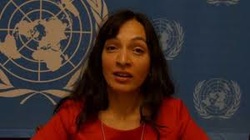 Gita PARIHAR
Gita PARIHAR A legal framework but rights under threat
The legislation of Human Rights as well as the notion of fairness in international environmental law make it possible to address the human rights dimension of climate change.
The human rights community recognizes that climate change has already violated and threatened further violations of basic human rights such as the right to life, food, water and shelter. Similarly, the lack of action on climate change is recognized as a violation of human rights, in particular those who are already vulnerable or marginalized.
A similar application of rights may increase inequality. Fairness requires diffferent contributions and responsibilities
The International Law of Human Rights recognizes that if equality of rights is applied in a situation of inequality, this will exacerbate inequality.
The concept of fairness in international environmental law recognizes that countries have different contributions to environmental problems and therefore different responsibilities in taking action. Article 3.1 of the United Nations Framework Convention on Climate Change states: "The Parties should protect the climate system for the benefit of present and future generations on the basis of equity and according to their responsibilities and common but differentiated capabilities "
Merete BJERREGARD : the tools exist at th Council of Europe
Expert of the Division of Human Rights of the Council of Europe, Merete BJEREGAARD recalled the growing awareness of a link between environment and human rights in major international texts, particularly those of the Council of Europe in recent years.
The concept of the right to a healthy environment goes back to the Stockholm Conference in 1972, the first UN conference on the environment, she said, followed by a reference to climate in the European Declaration of Human Rights 2009.
However, she adds, any undertaking requires, to be implemented, a "monitoring". But the Council of Europe has a unique monitoring tool, that of the European Court of Human Rights. Despite the lack of explicit reference to the right to a healthy and sustainable environment, the Court uses the clauses relating to environmental causes
In addition, the European Court of Human Rights considers that the European Convention on Human Rights is a "living" tool to be adapted to the times we are in. The case law on the environment is, therefore, constantly changing.
Useful guiding principles for the implementation of environmental policies
It would be possible to highlight the guiding principles for all levels of governance, civil society and all citizens, from
- the Social Charter implementation by the European Committee of Social Rights which deals with the climate in Article 11 ,
- the recommendation of PACE 2003 and 2009 on the right to a healthy environment,
- the Manual on Environment and Human Rights of 2003 revised in 2010 by the Steering Committee of Human Rights. Such a tool could provide guidance to States in the drafting of policies and environmental measures including climate. It provides relevant principles from case law and requests made under the Social Charter. It refers to good national practice
It is urgent to take action on climate Mrs BJERREGAARD said: the Council of Europe has unique tools for this. They can be developed and brought to the attention of all stakeholders, the Manual is one of them!
Texts on climate by the committee
Living together in multicultural societies : respect, dialogue, interaction
Archives
July 2018
July 2017
June 2017
March 2017
January 2017
December 2016
November 2016
July 2016
May 2016
January 2016
November 2015
October 2015
September 2015
July 2015
June 2015
April 2015
January 2015
December 2014
November 2014
June 2014
March 2014
February 2014
January 2014
December 2013
November 2013
October 2013
July 2013
March 2013
February 2013
January 2013
July 2012
June 2012
April 2012
November 2011
September 2011

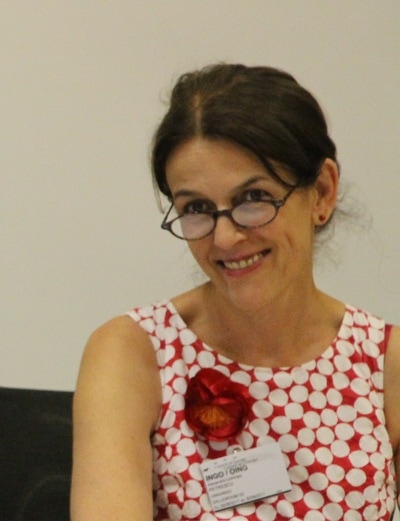
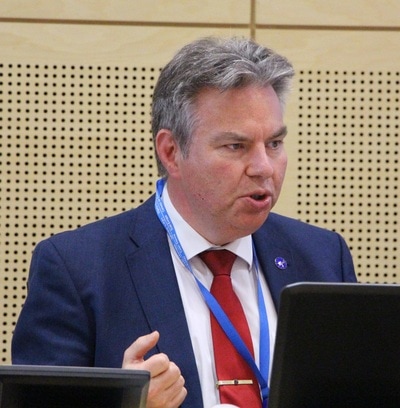
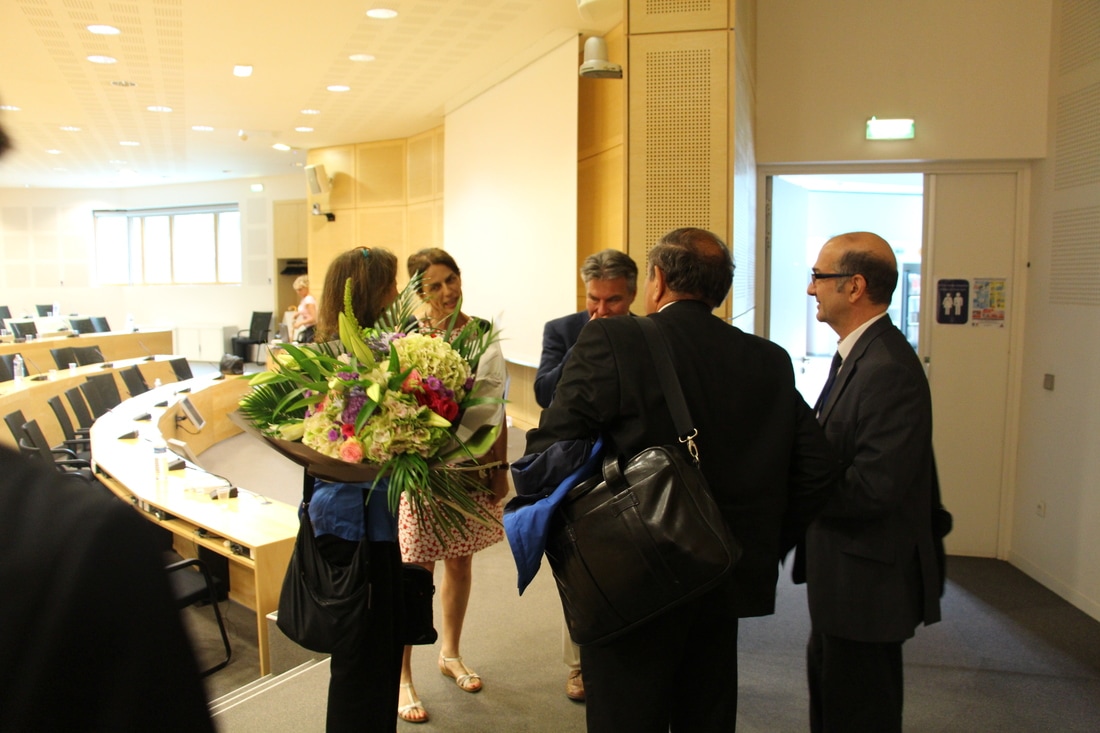

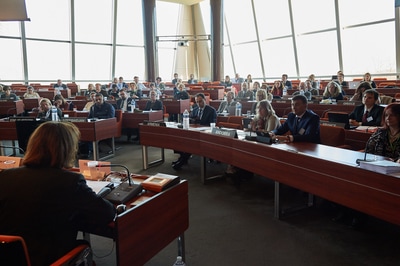
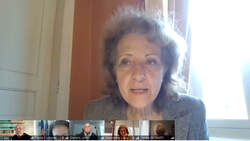
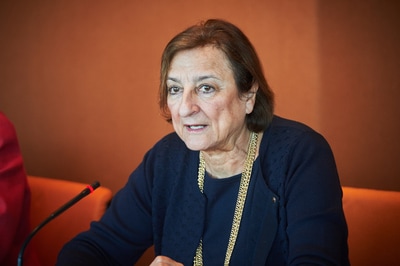
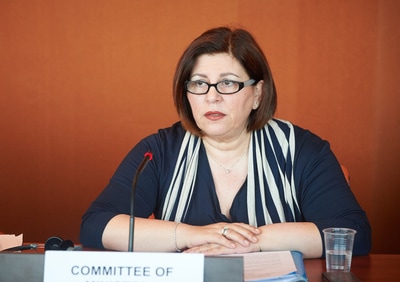
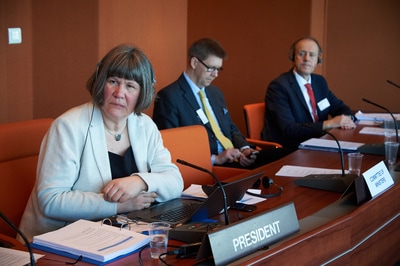
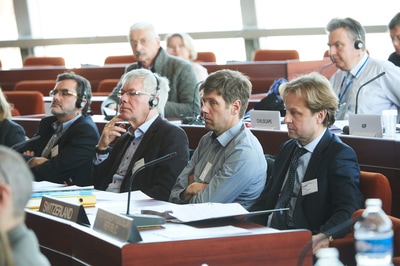
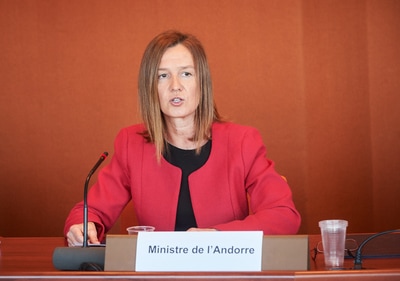
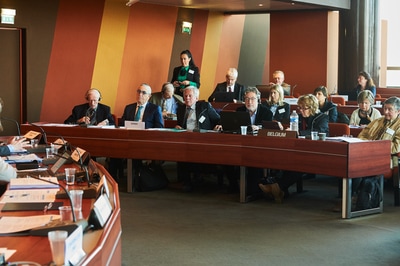
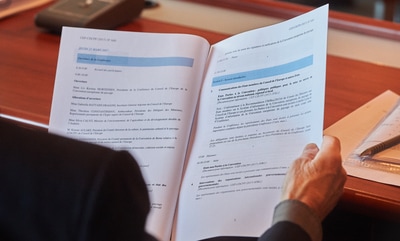
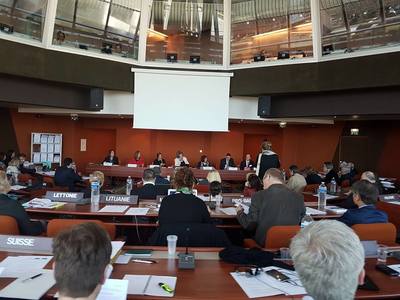
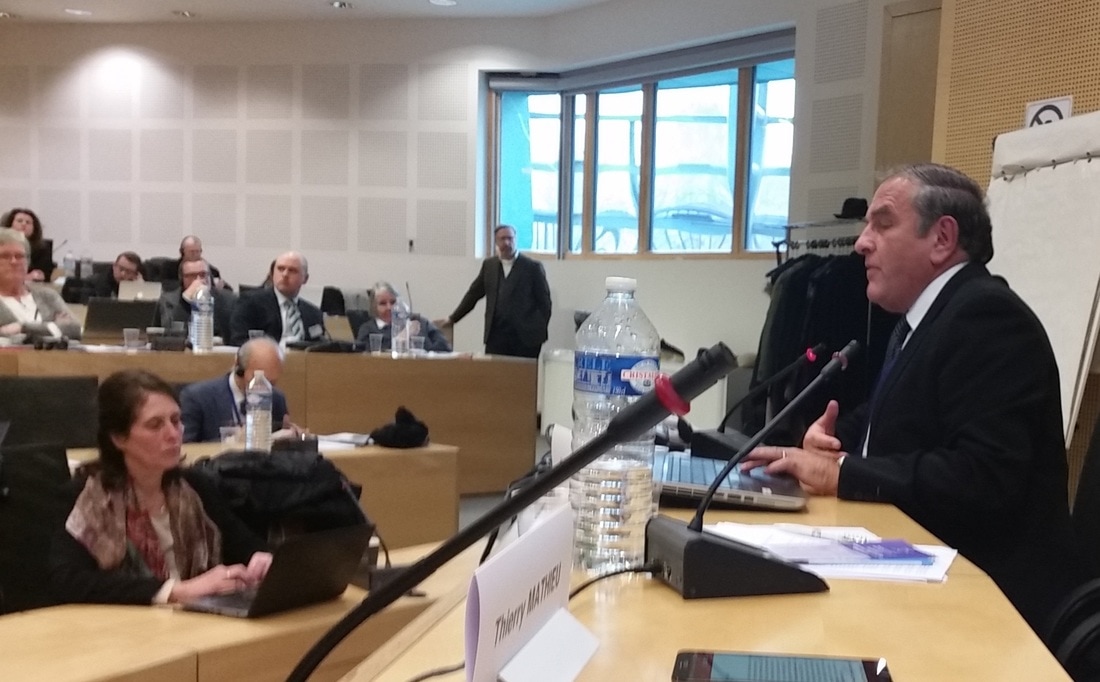
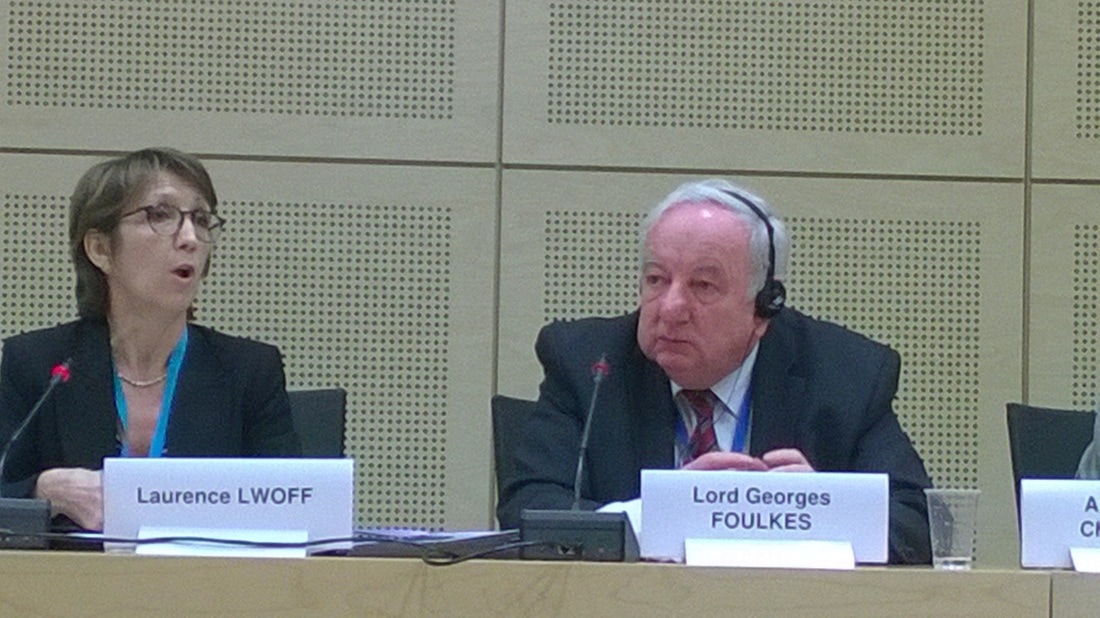
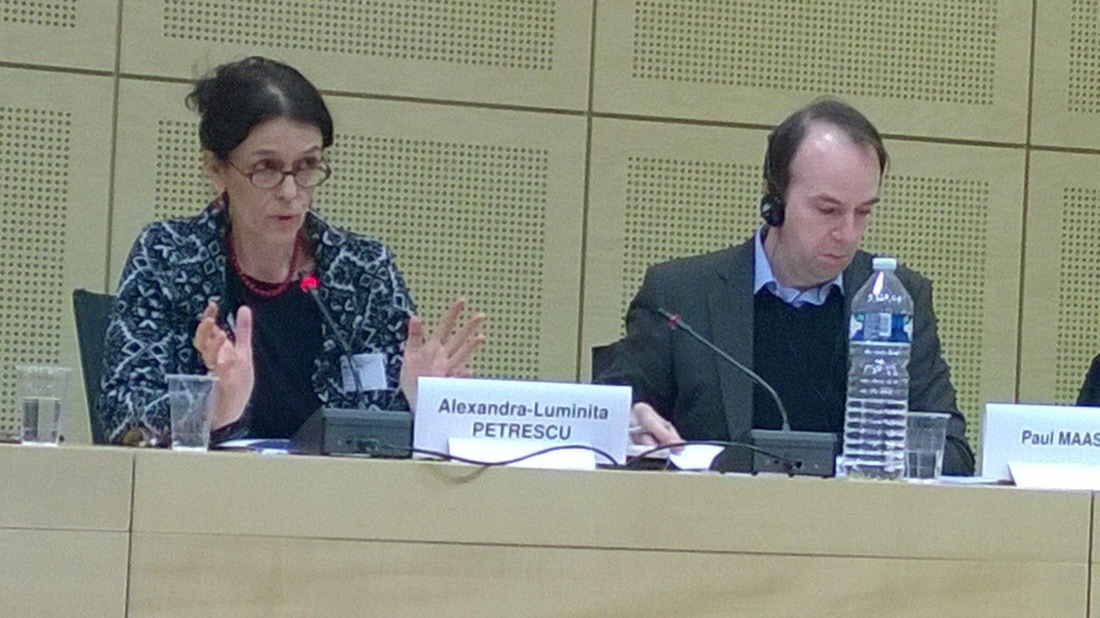
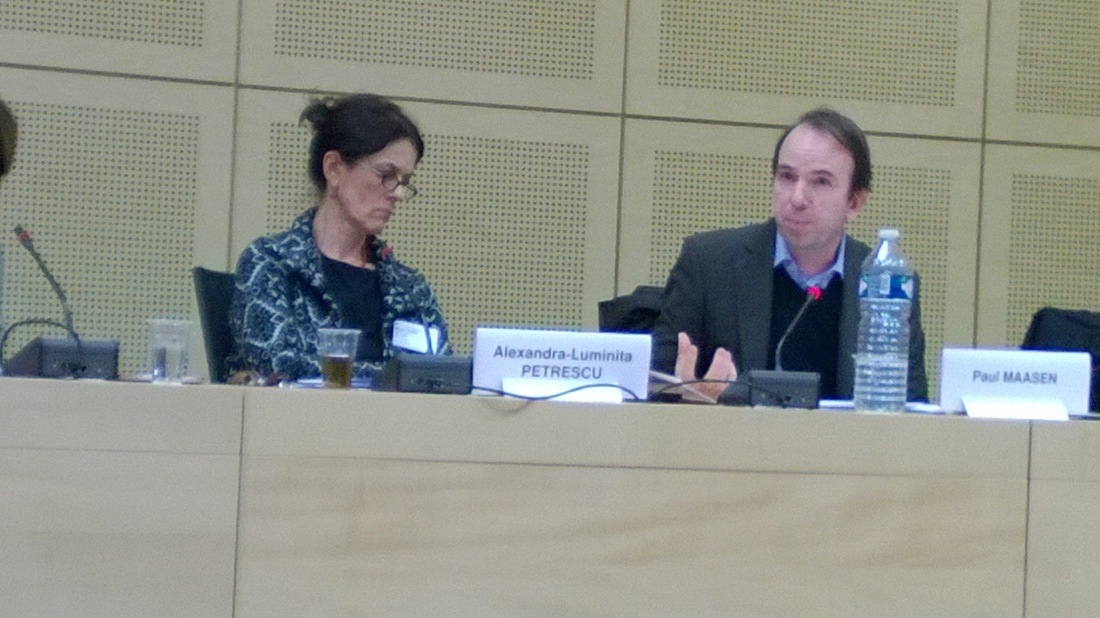
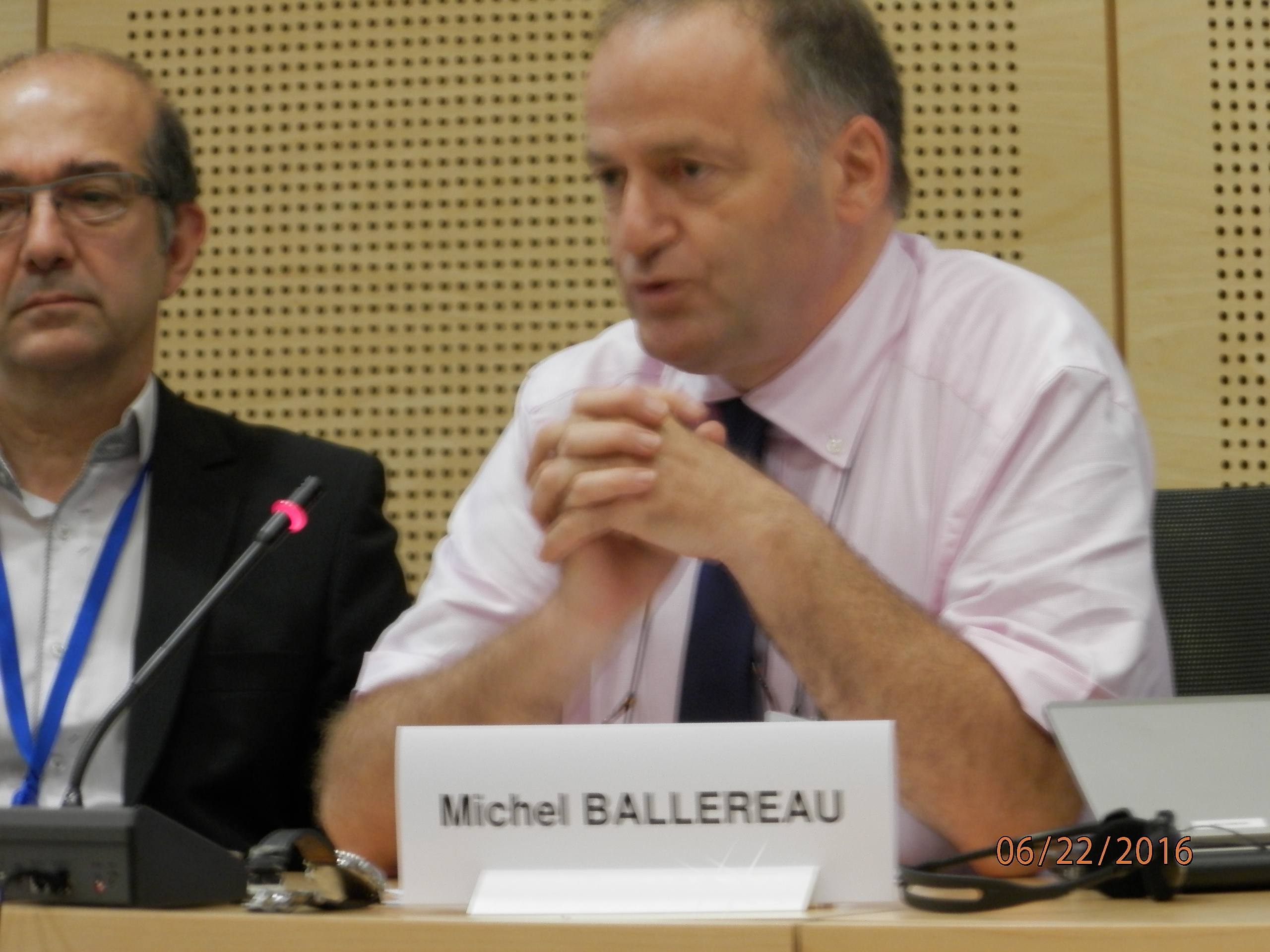
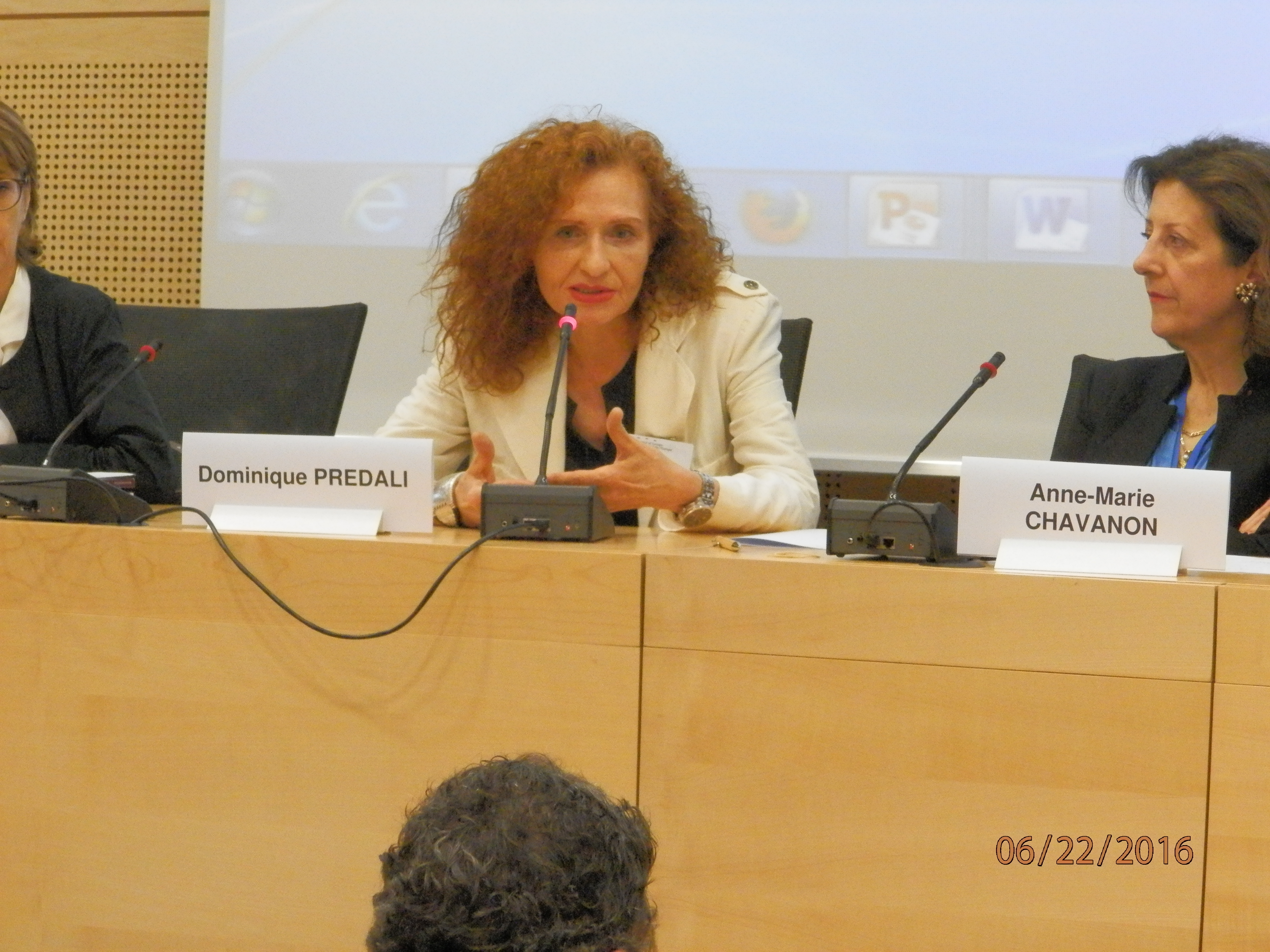
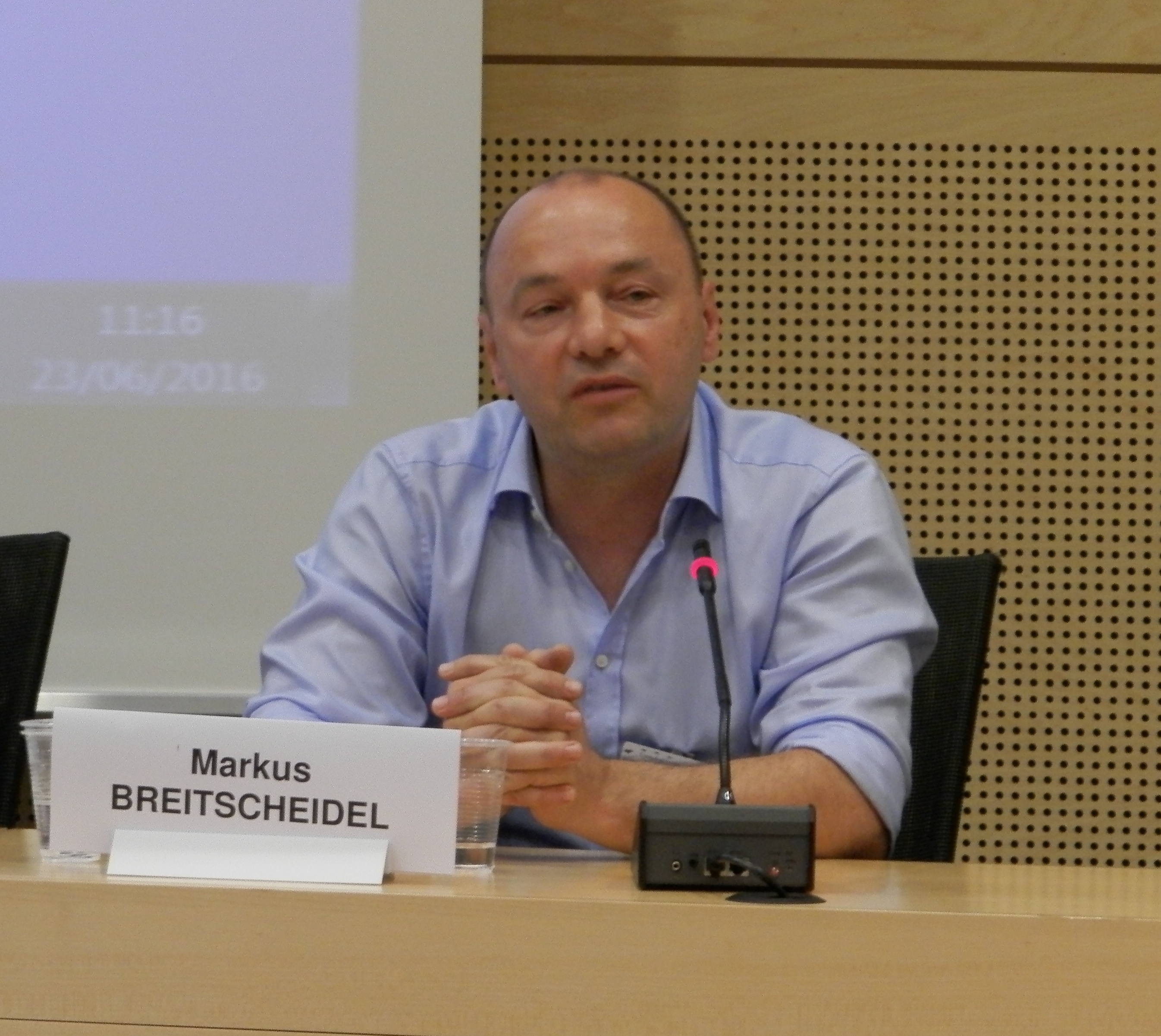
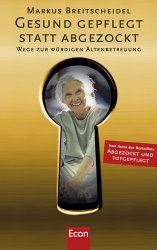
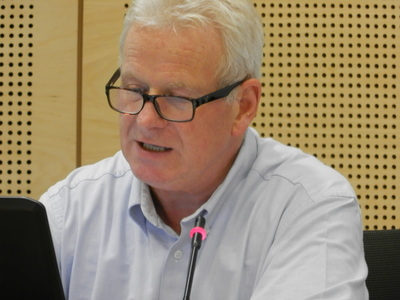
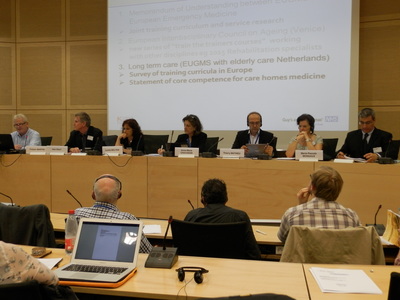
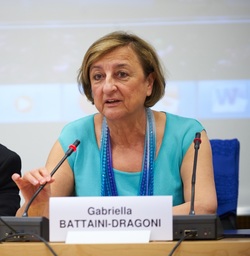

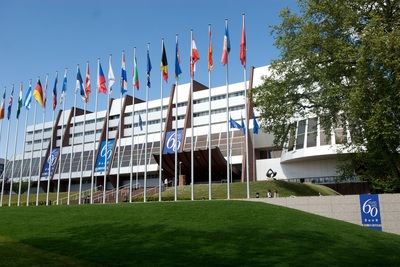
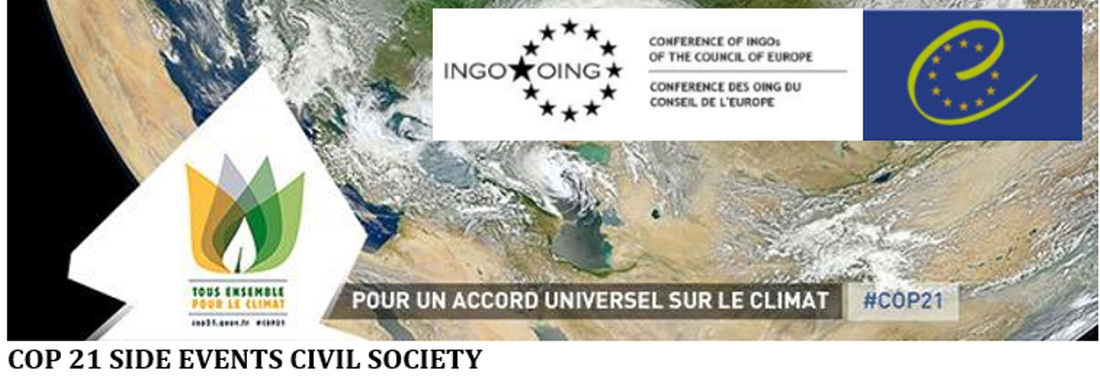
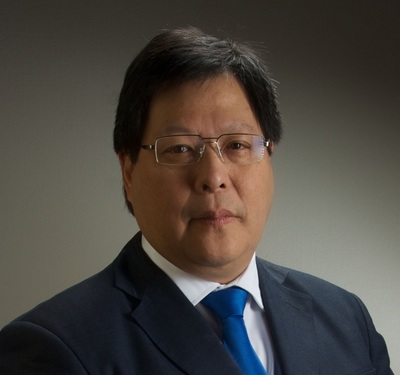
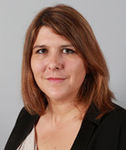
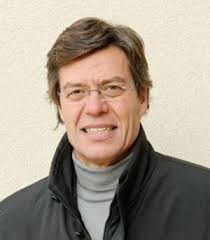
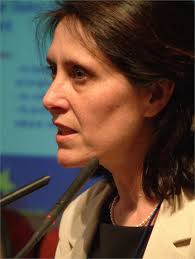
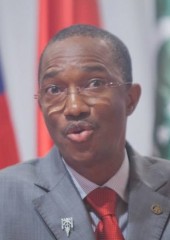

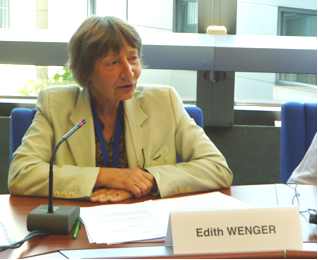
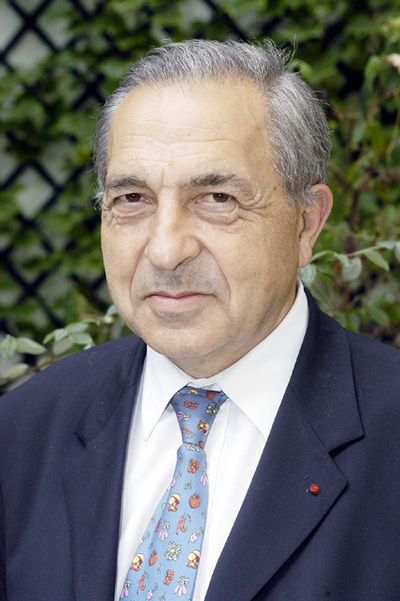
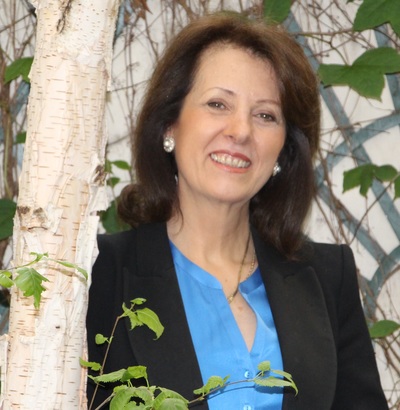
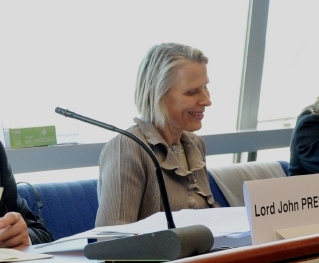
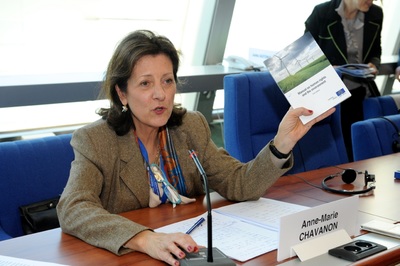

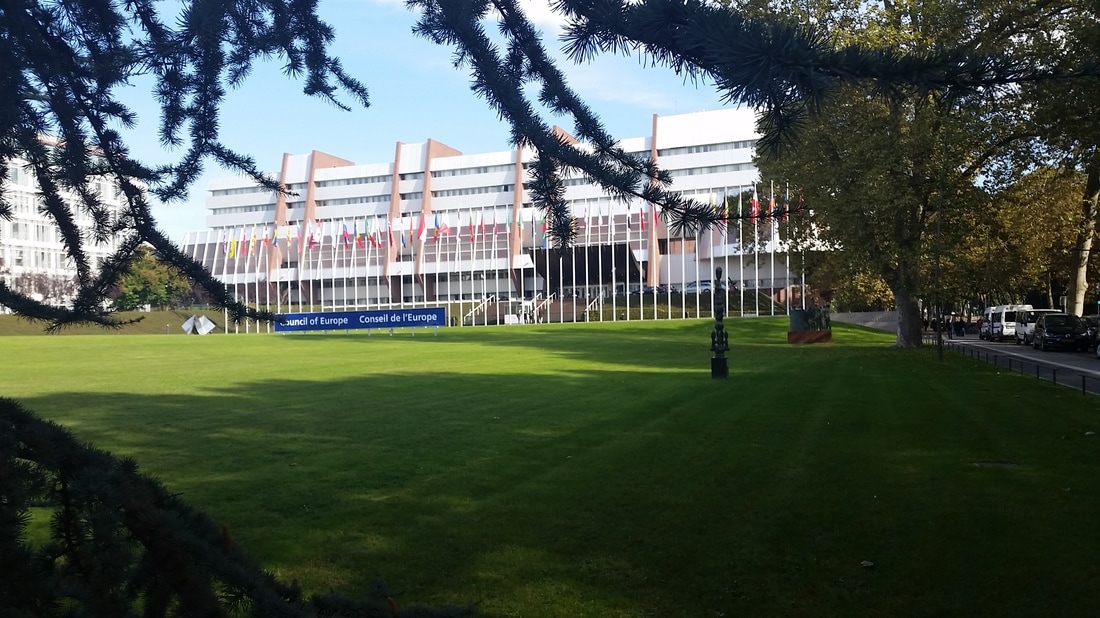
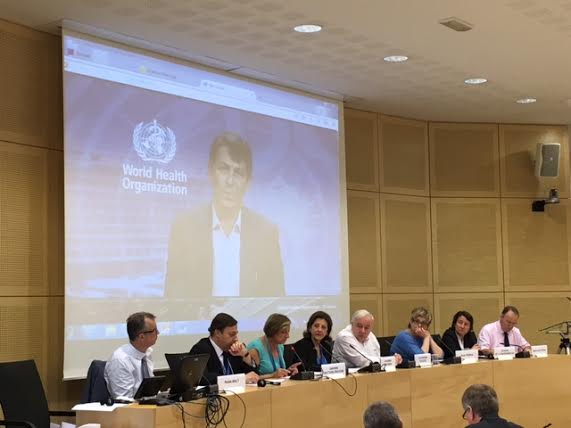
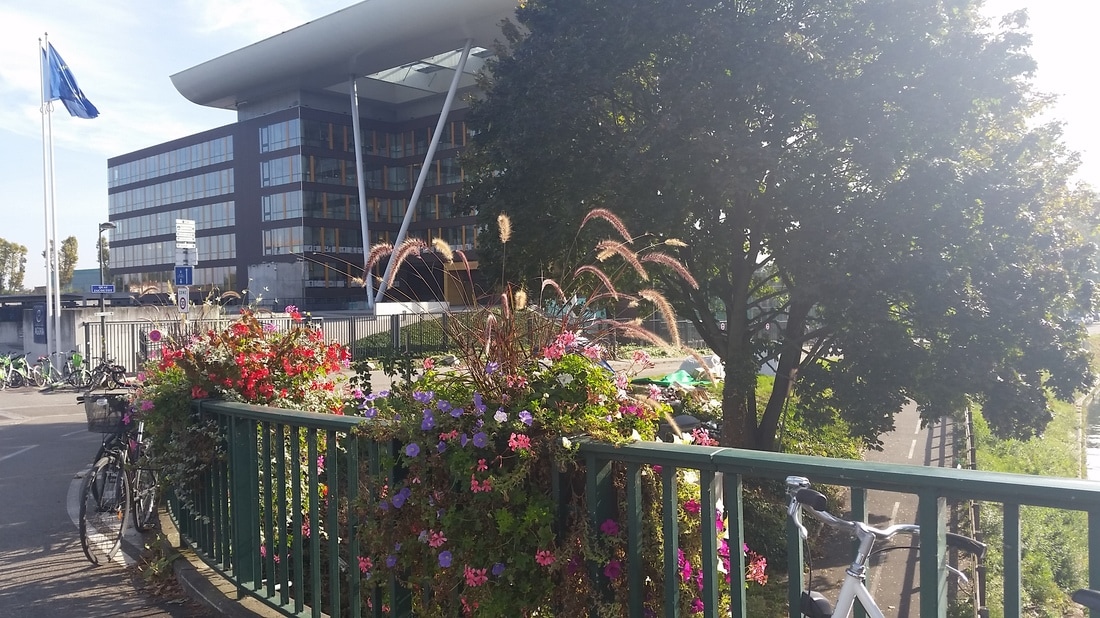

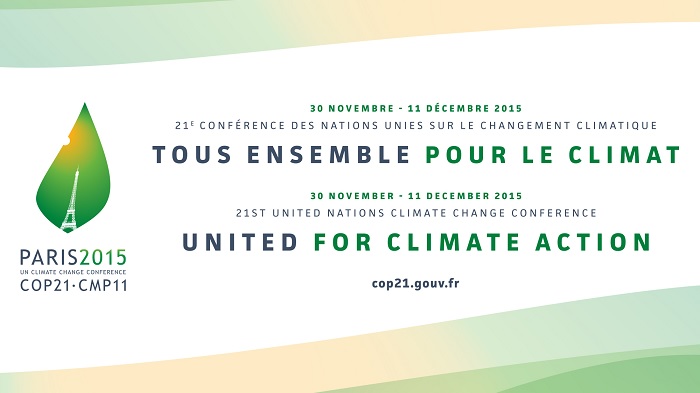
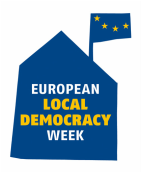
 RSS Feed
RSS Feed